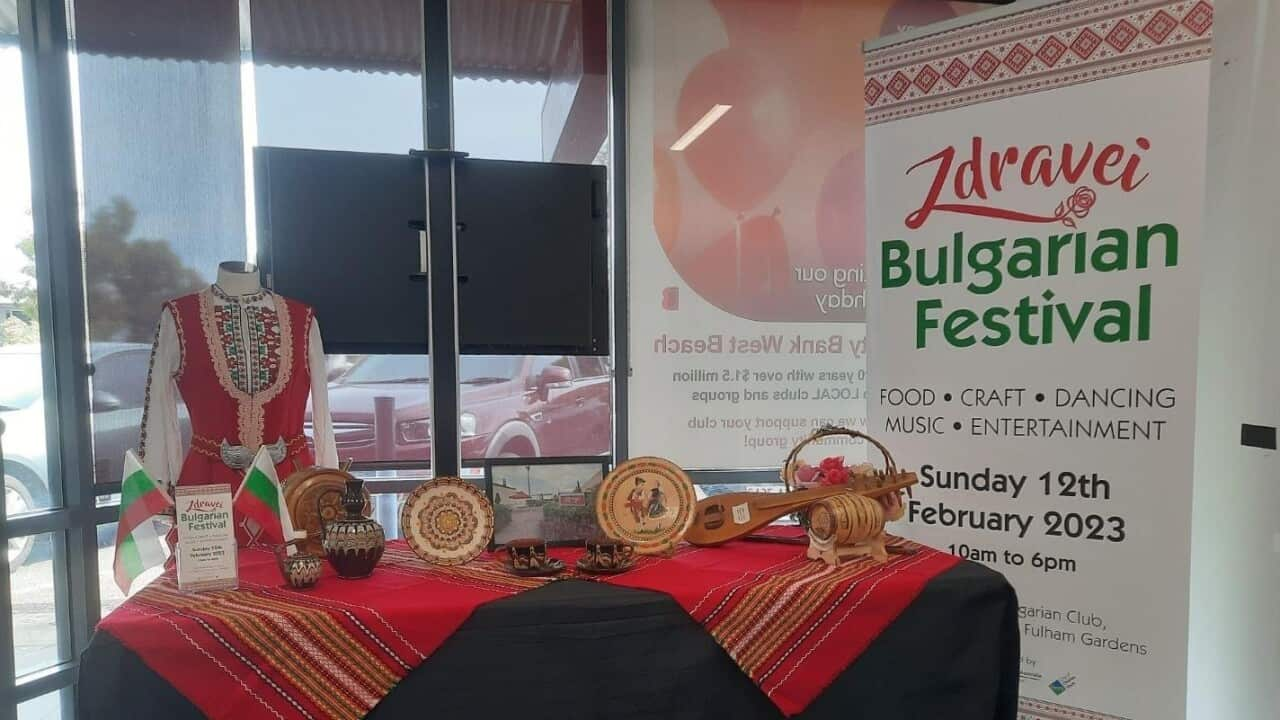Bulgaria said it will veto the formal launch of EU accession talks with North Macedonia unless its concerns about language and history are taken into account, diplomats said after a meeting of EU ambassadors.
The ambassadors were having their first discussion on the framework for negotiations with Albania and North Macedonia that was put forward by the European Commission last summer. Once the member states have backed the framework, the presidency of the Council of the EU, currently held by Germany, will present the so-called “agreed General EU Position” to the two countries hoping to join the bloc, marking the formal start of accession negotiations.
It was expected that the EU’s support for the negotiating framework would be signed off at a ministerial meeting of the General Affairs Council on November 10 — but Sofia could derail those plans.
In recent weeks, Bulgaria distributed documents to the other member states to explain its position. In one of the documents, Sofia stressed that Bulgaria cannot “accept that the still ongoing nation-building process in the Republic of North Macedonia be conducted through the revision of our common history, the denial of our common ethnic and linguistic roots or the unfounded claims for the existence of a ‘Macedonian minority’ in Bulgaria.”
Nikola Dimitrov, North Macedonia’s deputy prime minister for European integration, said his country is committed to implementing the friendship agreement with Sofia. He noted Bulgaria had played a positive role in putting EU enlargement back on the bloc’s agenda but said that success would be at risk if a solution is not found to the impasse.
“It is simply not right for the Macedonian language to be an obstacle to our European future if the EU is a community of values that celebrates diversity,” Dimitrov said.
(POLITICO)
Political analysis by Plamen Assenov




